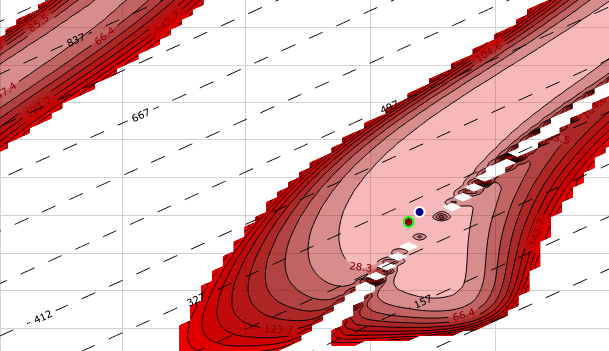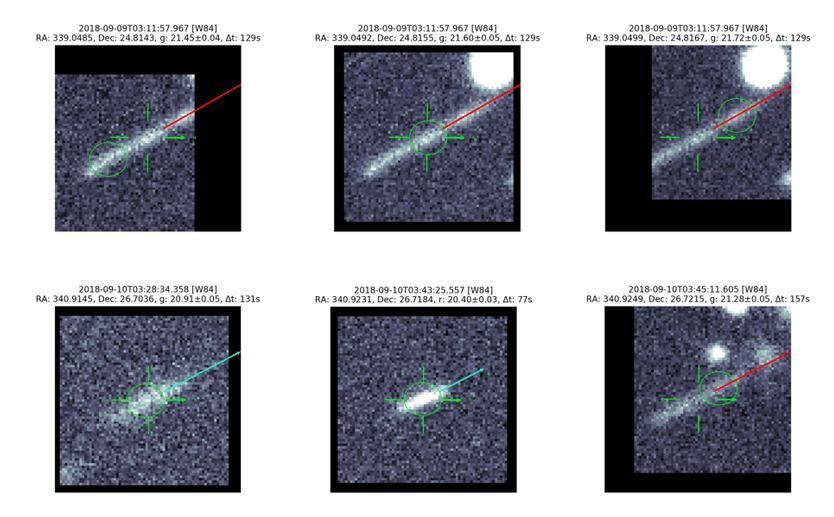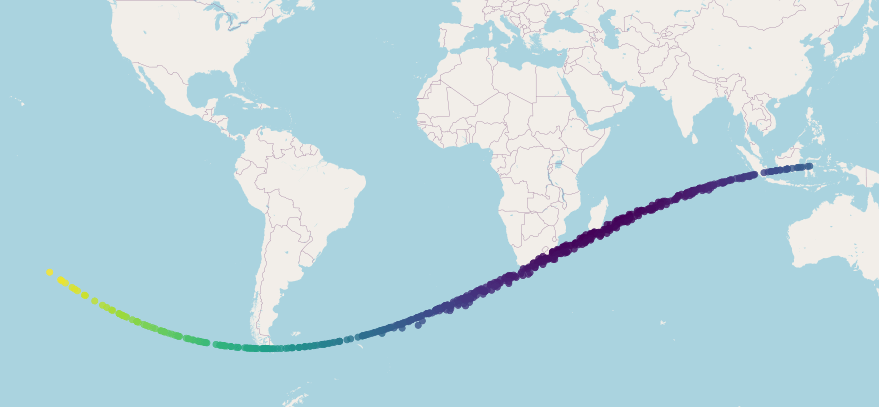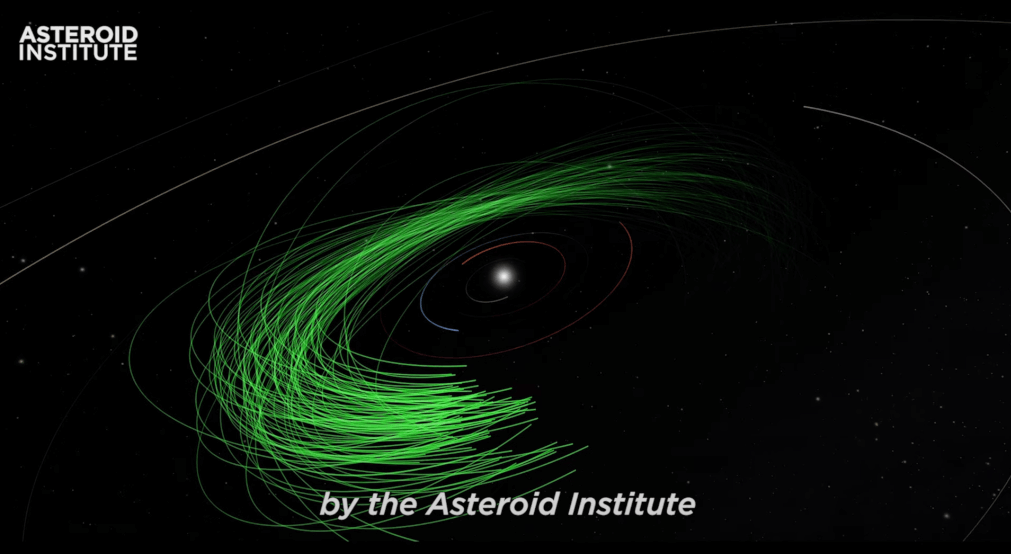Enabling the Mapping of the Solar System
Asteroid Institute builds open tools that allow us to better understand, map, and navigate our solar system.
Asteroid Discovery Analysis and Mapping (ADAM)
Developed by B612 Foundation's Asteroid Institute, ADAM brings open-source algorithms and scalable compute together to discover, map, and analyze asteroids at planetary scale. Use the console and APIs to run high-fidelity computations on demand, share results, and reproduce analyses.

Trajectory Optimizer
Create interactive porkchop plots and Lambert solutions for solar system mission planning.
Learn more
Precovery
Search historical telescope data for previously unidentified observations of known objects.
Learn more
Impact Probability
Run Monte Carlo simulations and virtual impactor analysis for potentially hazardous asteroids.
Learn moreData
Asteroid Institute has astronomical datasets available for use.
Vera C. Rubin Observatory observations from the Minor Planet Center
Access all the observations added to the Minor Planet Center from the Rubin Observatory, provided in multiple formats.
Learn moreMinor Planet Center BigQuery Replica
Robust BigQuery access to the entire Minor Planet Center database. Accessible through the `mpcq` Python client library or directly through the BigQuery console.
Learn moreAstronomy Data Packages
Commonly used astronomy data files such as DE440 and MPC's Obscodes, conveniently pip-installable.
Learn moreNovel Discovery Methods
Asteroid Institute, in partnership with the University of Washington's DIRAC institute, and Google Cloud, deployed the THOR on first ZTF, then the Noirlab Source Catalog, discovering over 27,000 asteroids.
Our Partners

University of Washington
We work closely with several astronomers at the University of Washington's DIRAC institute

Supporter and development partner. ADAM is backed by Google Cloud.
